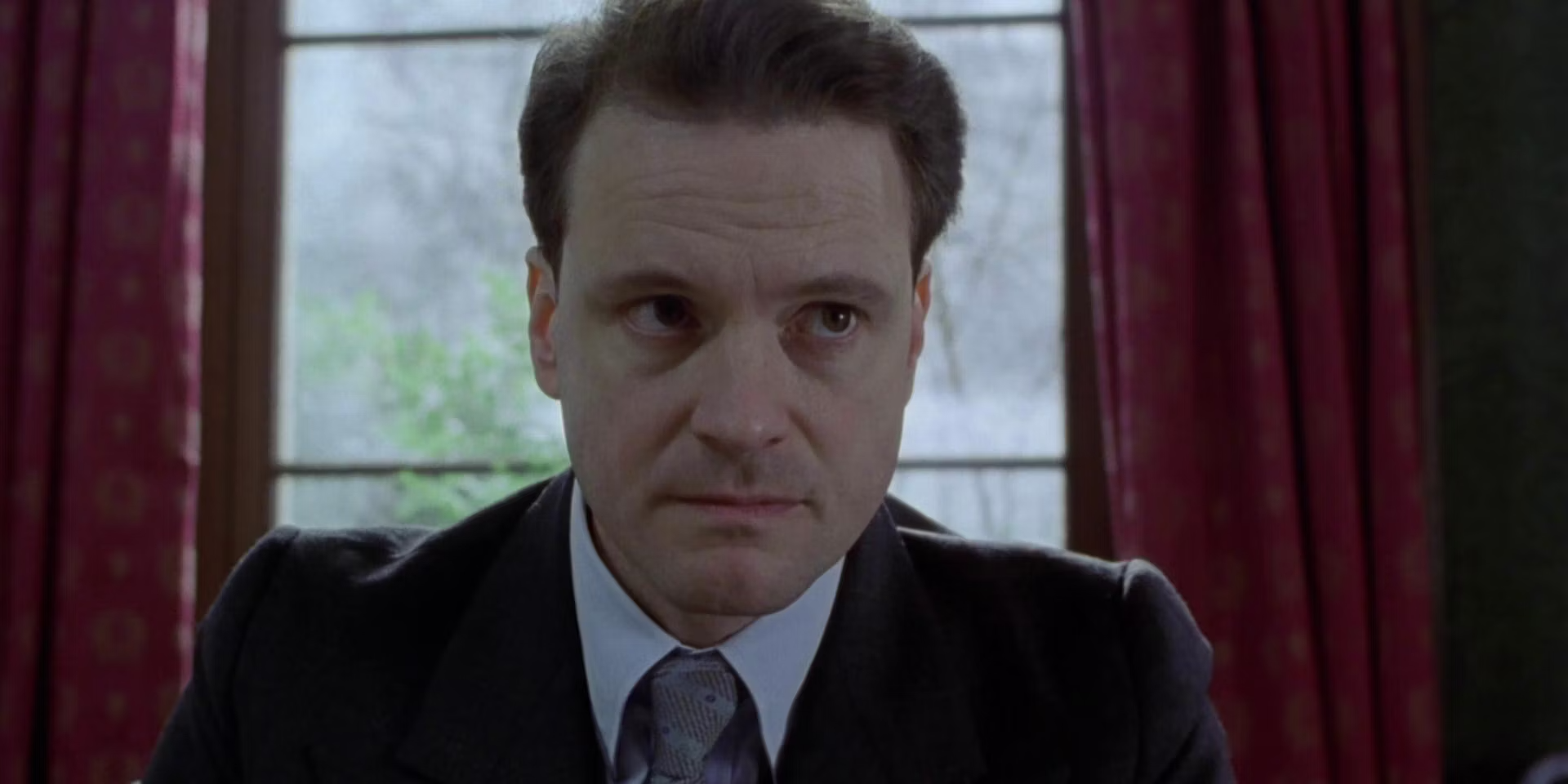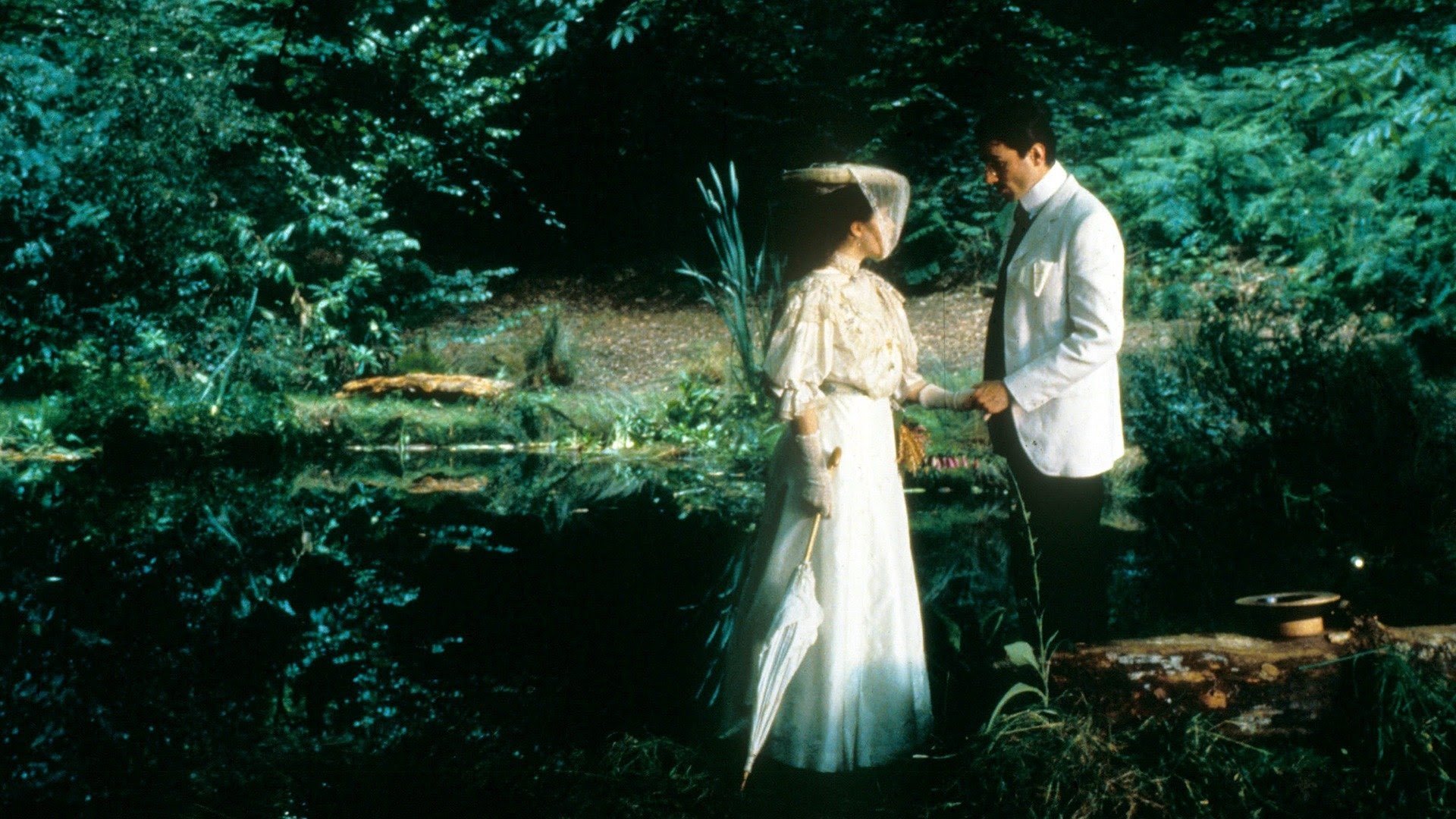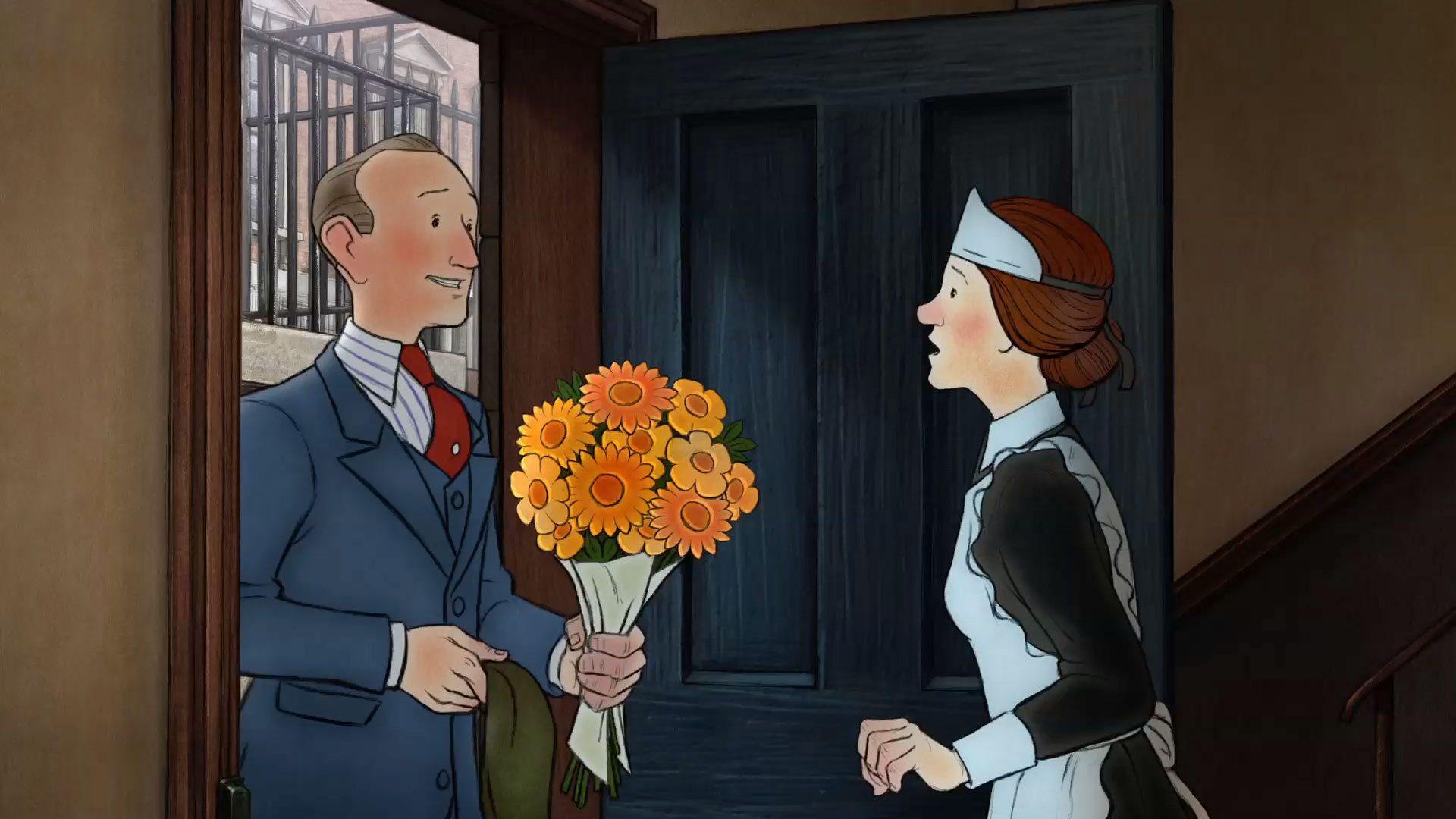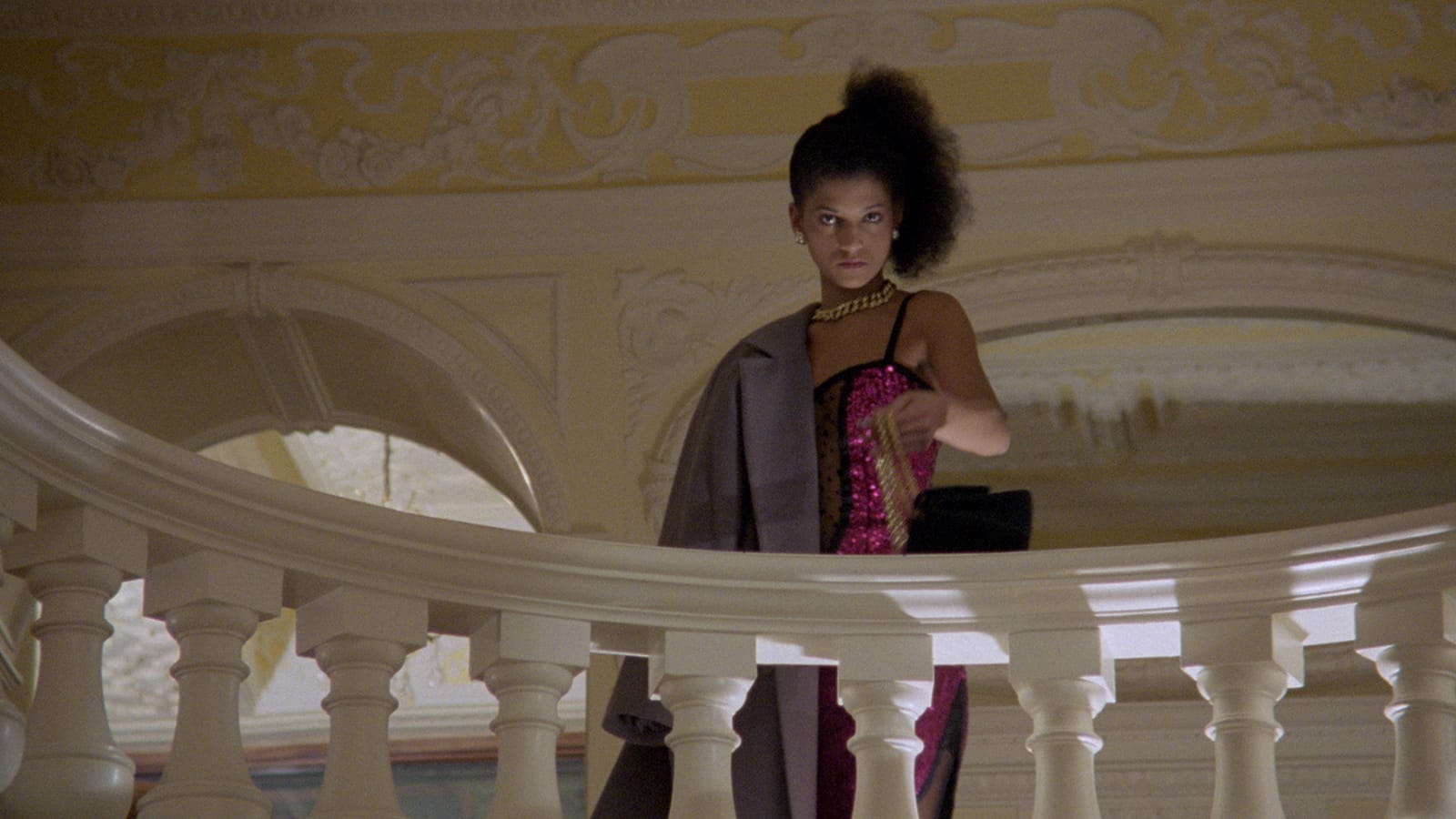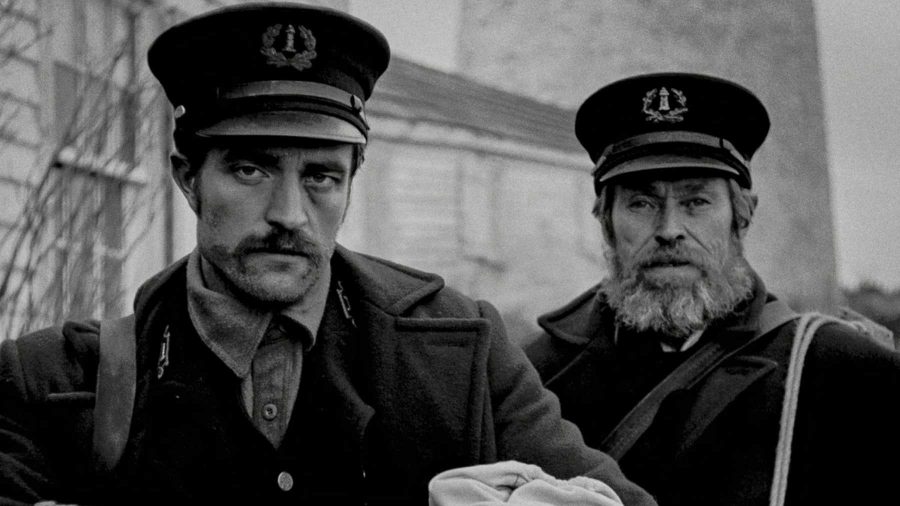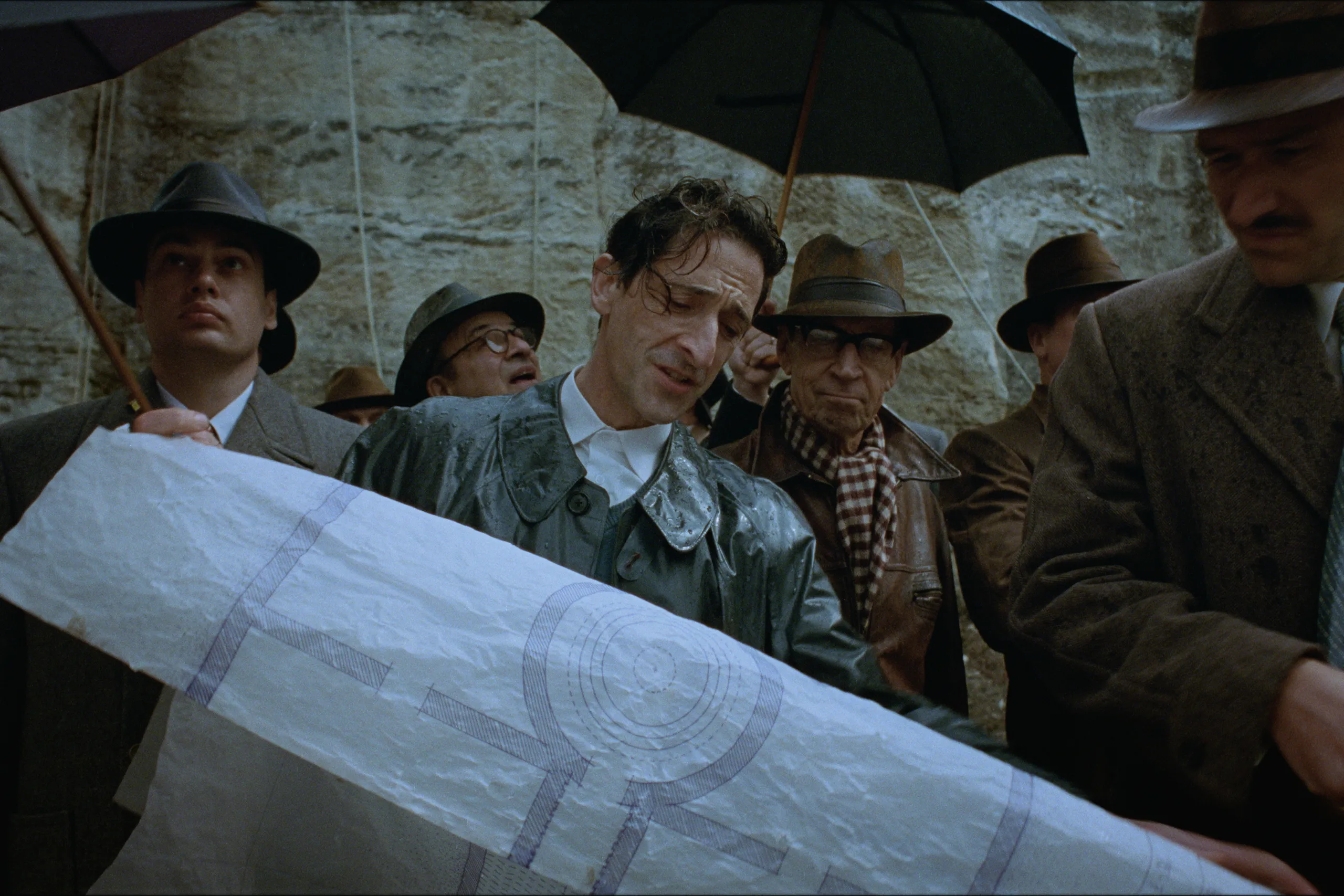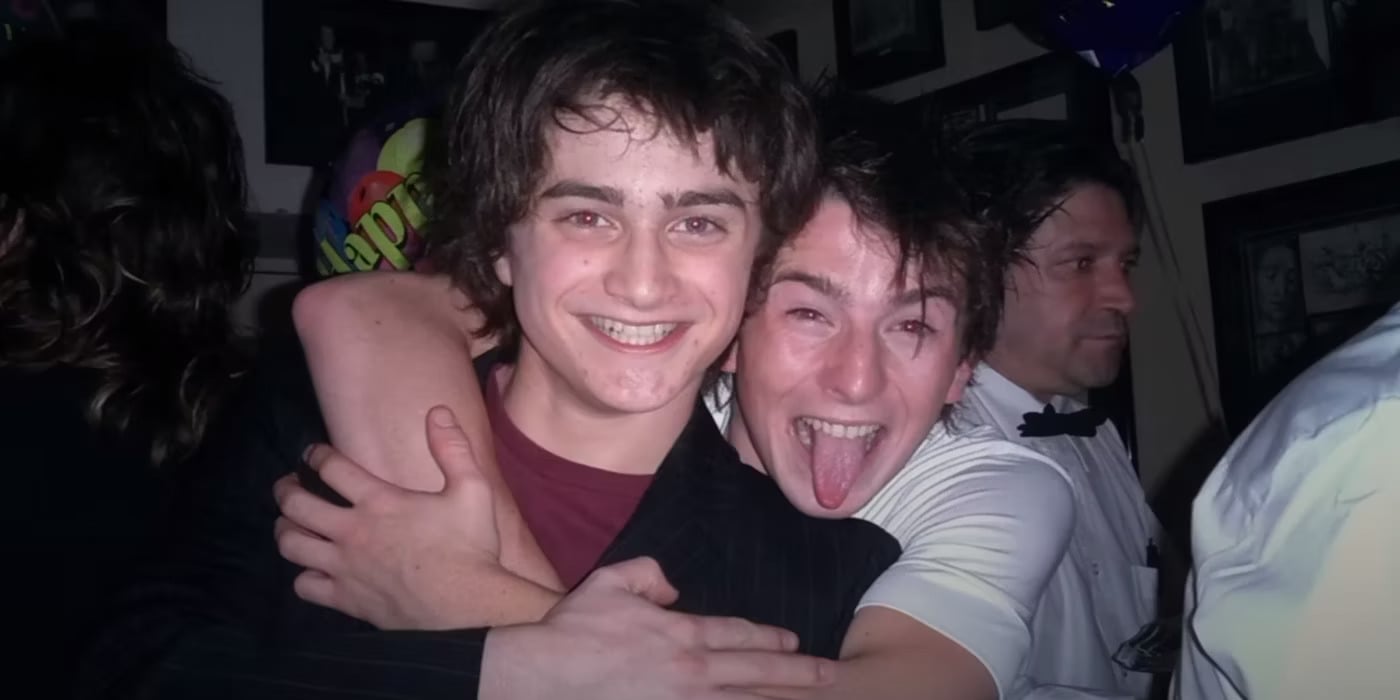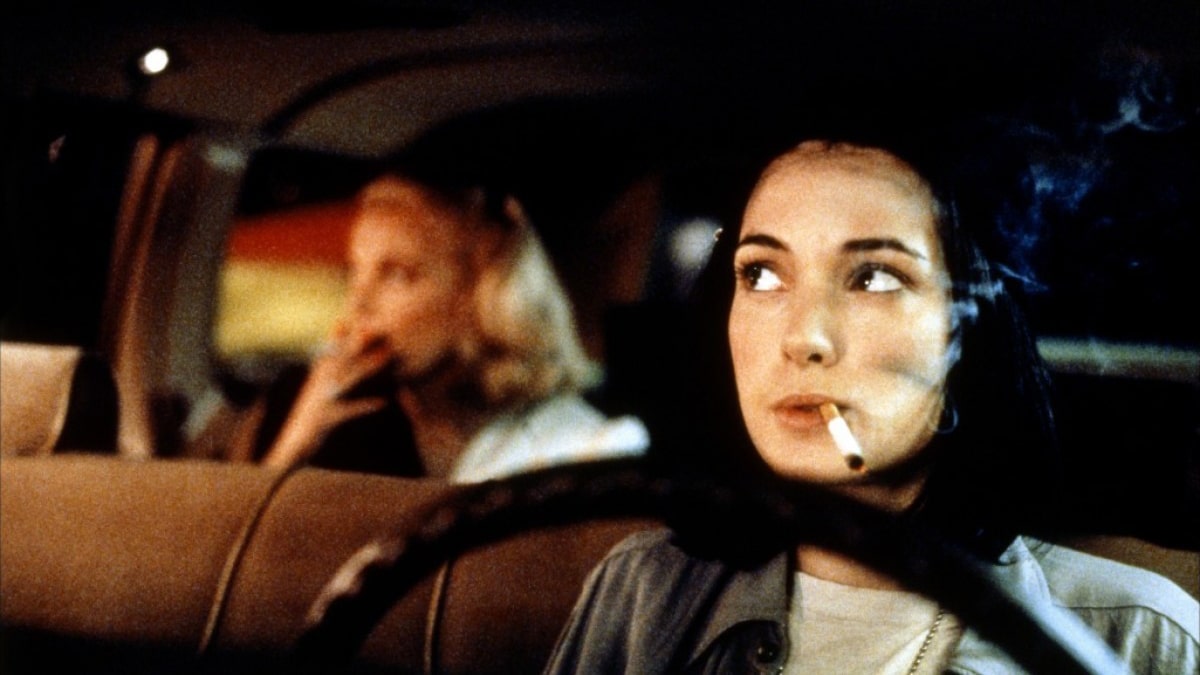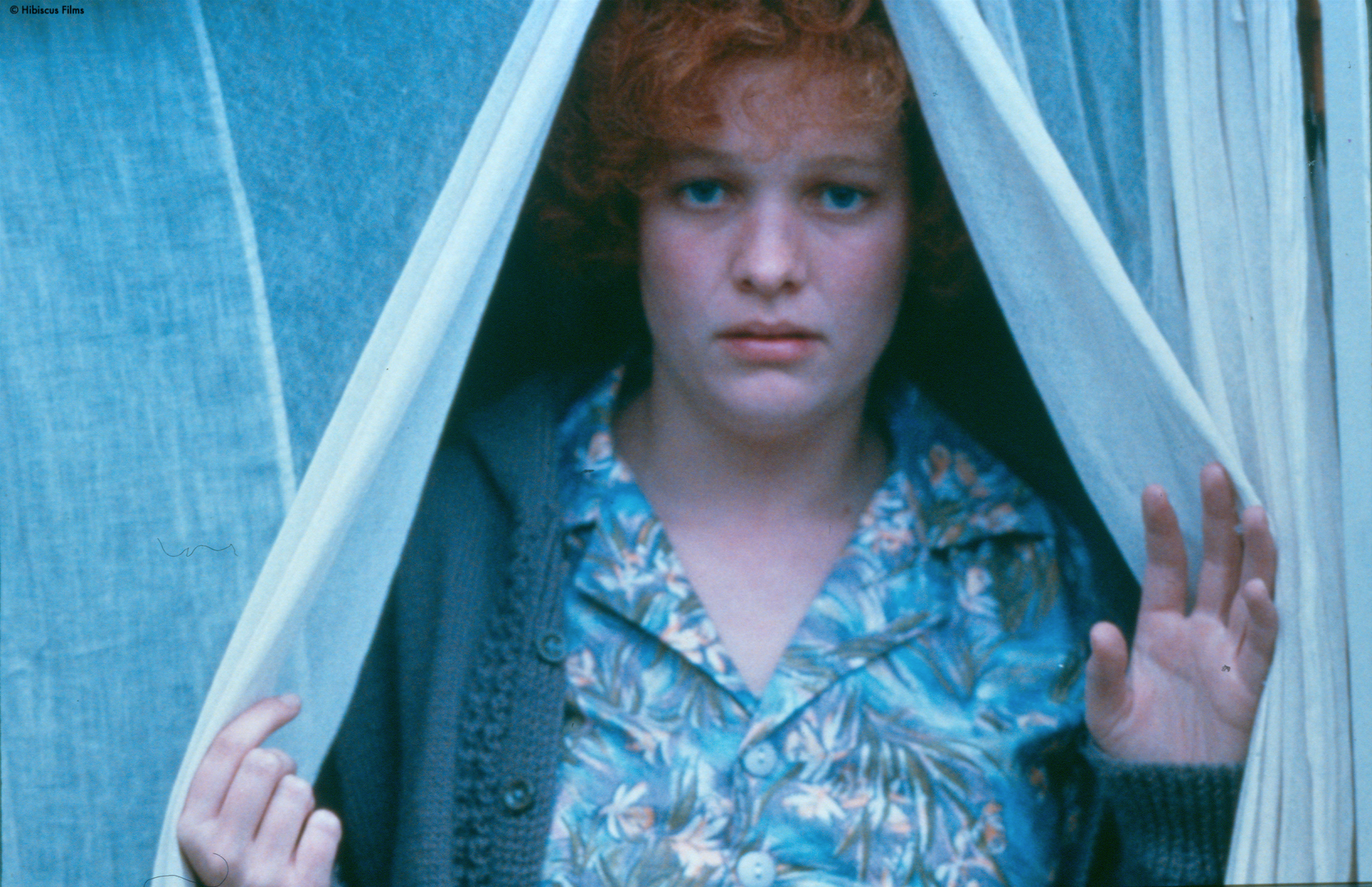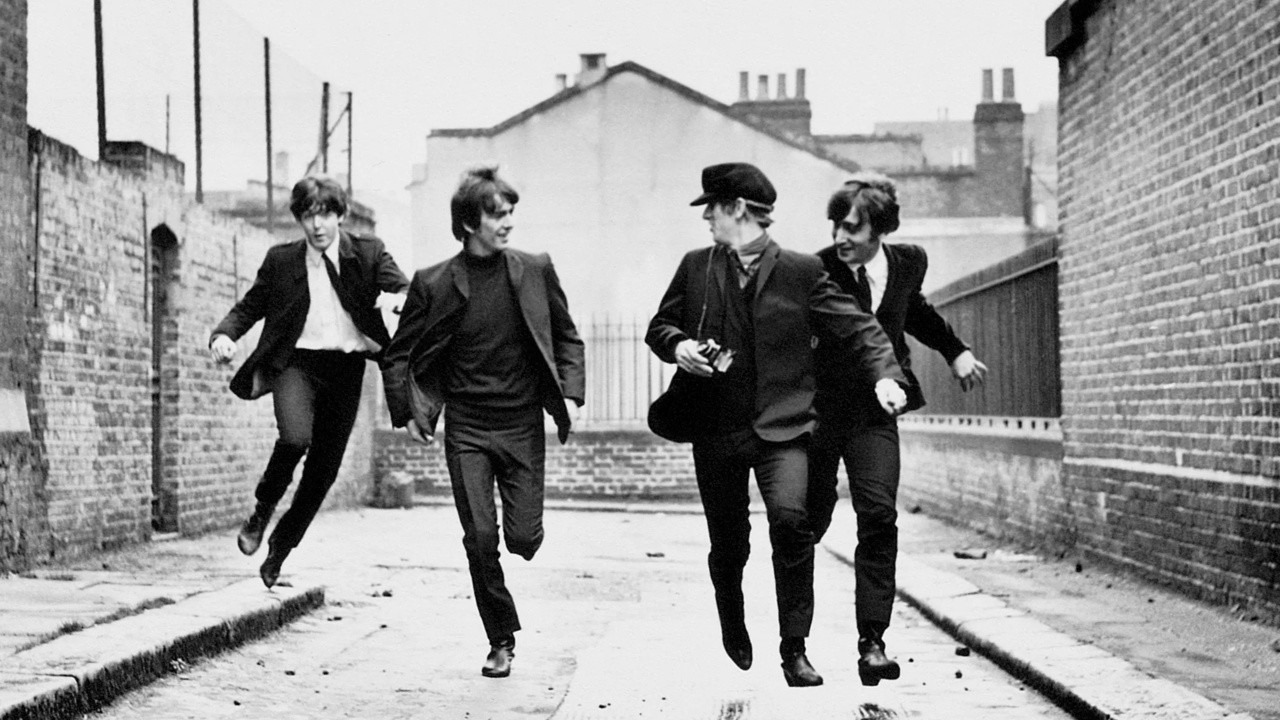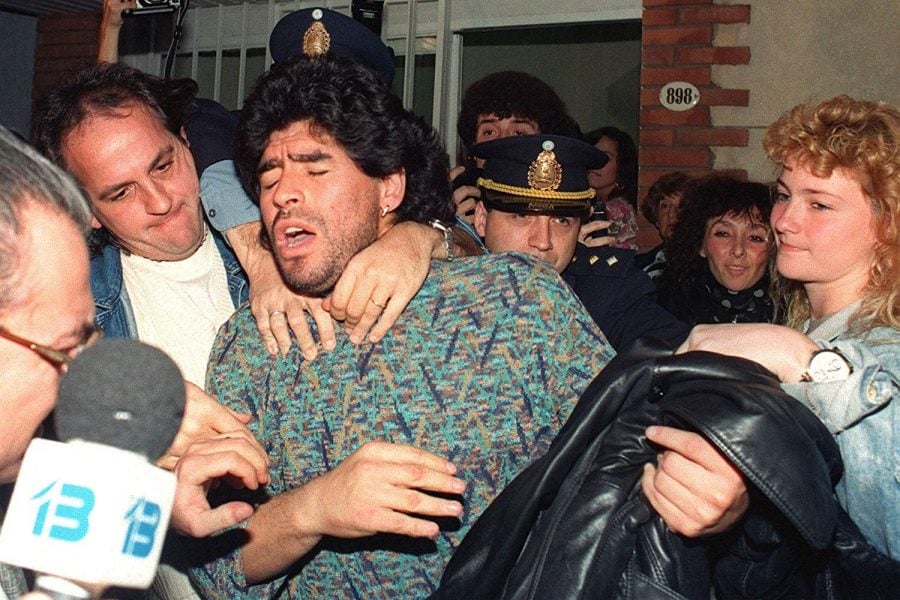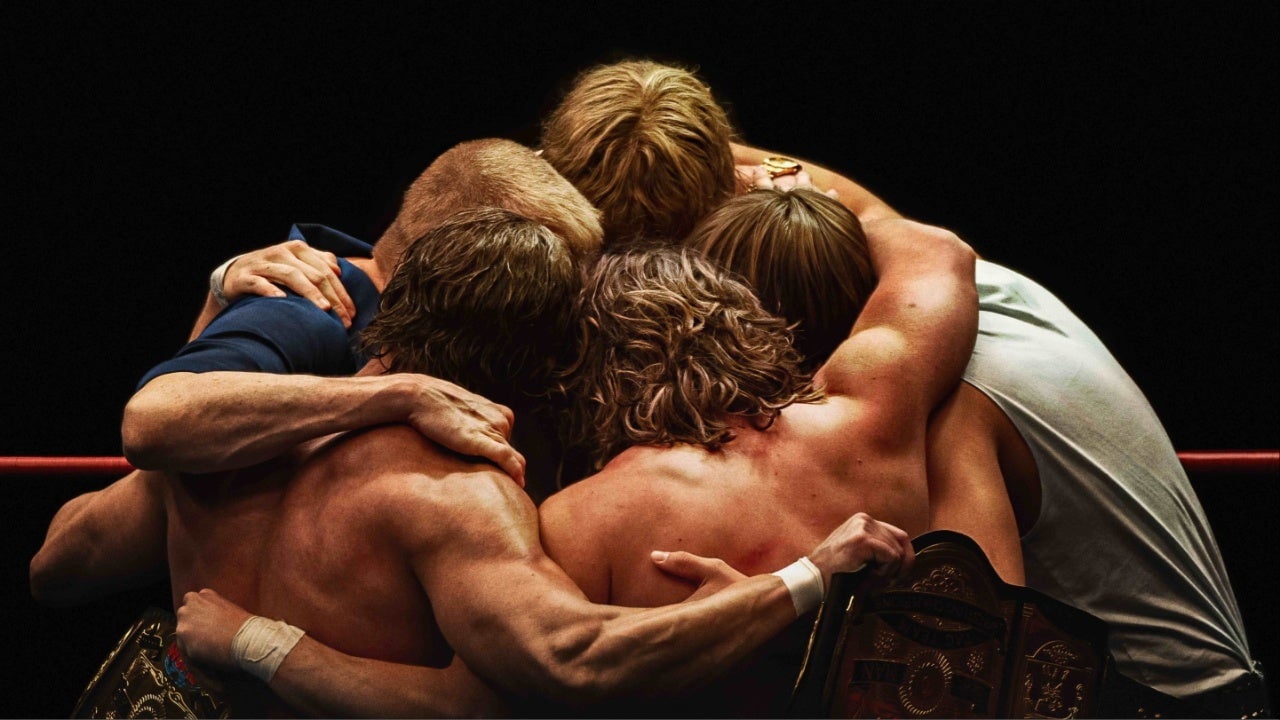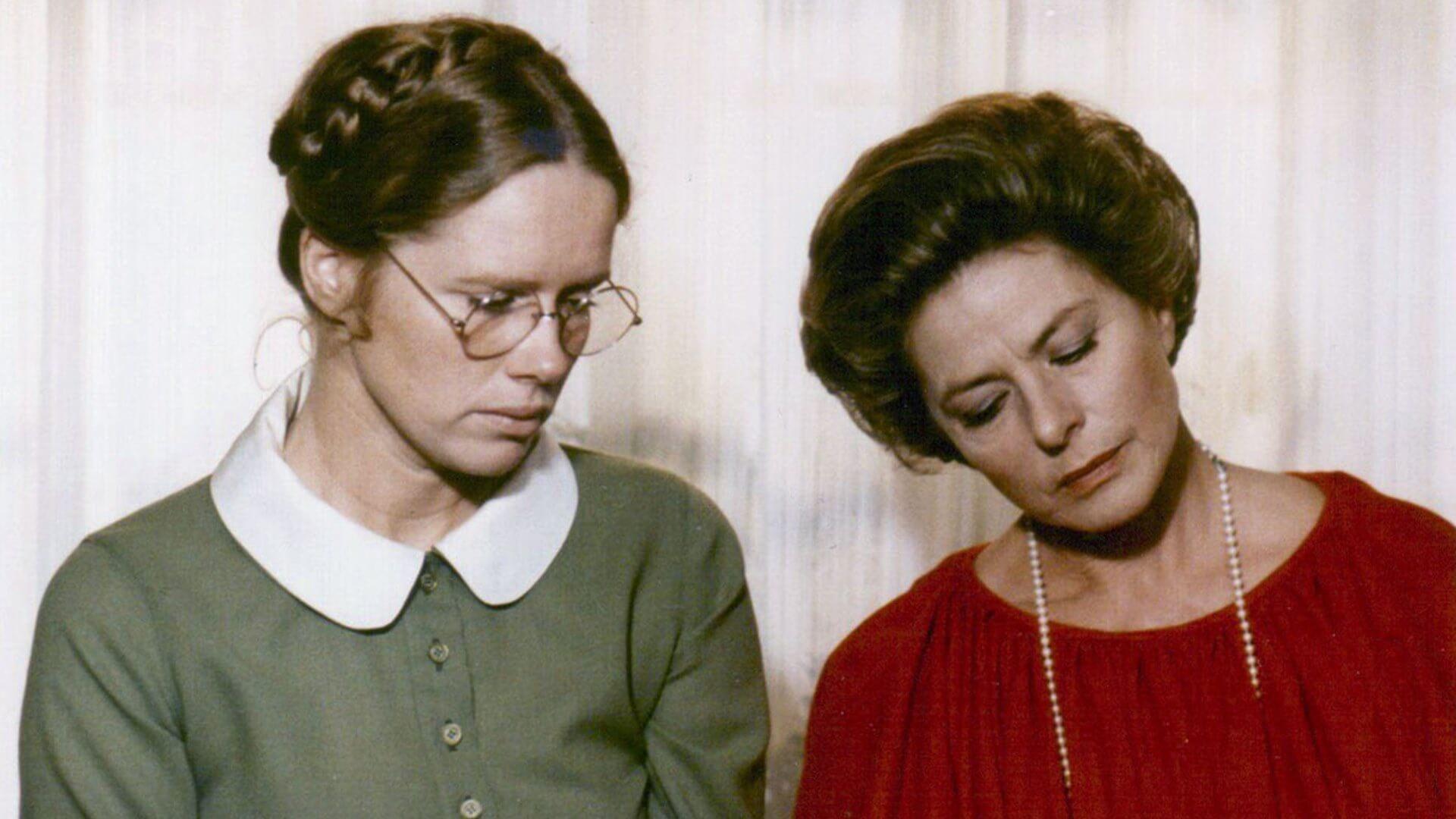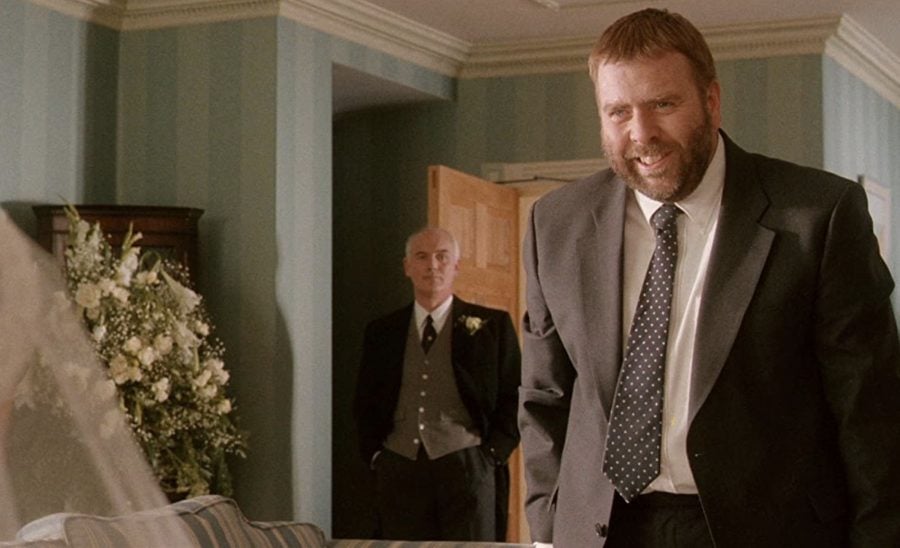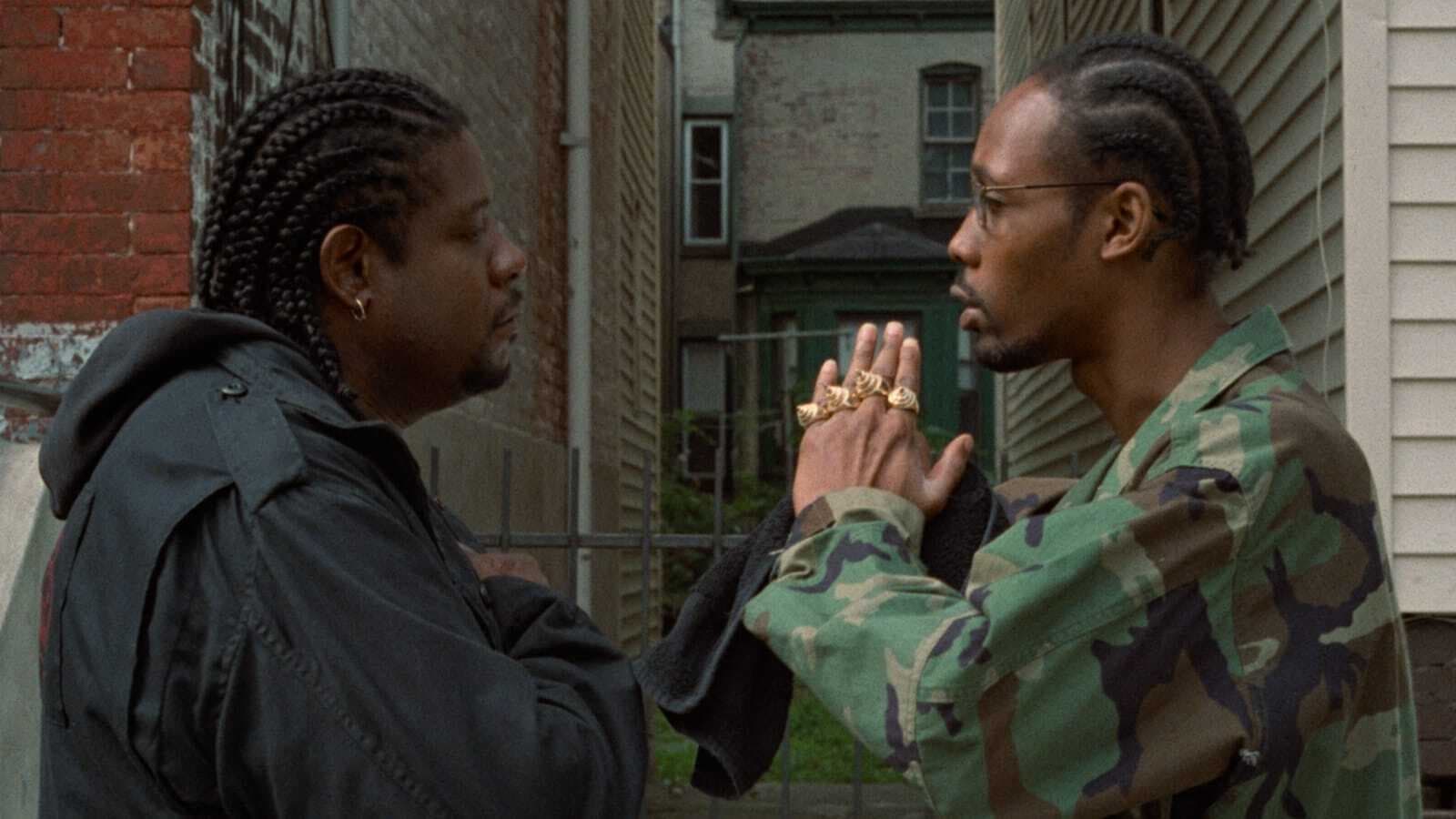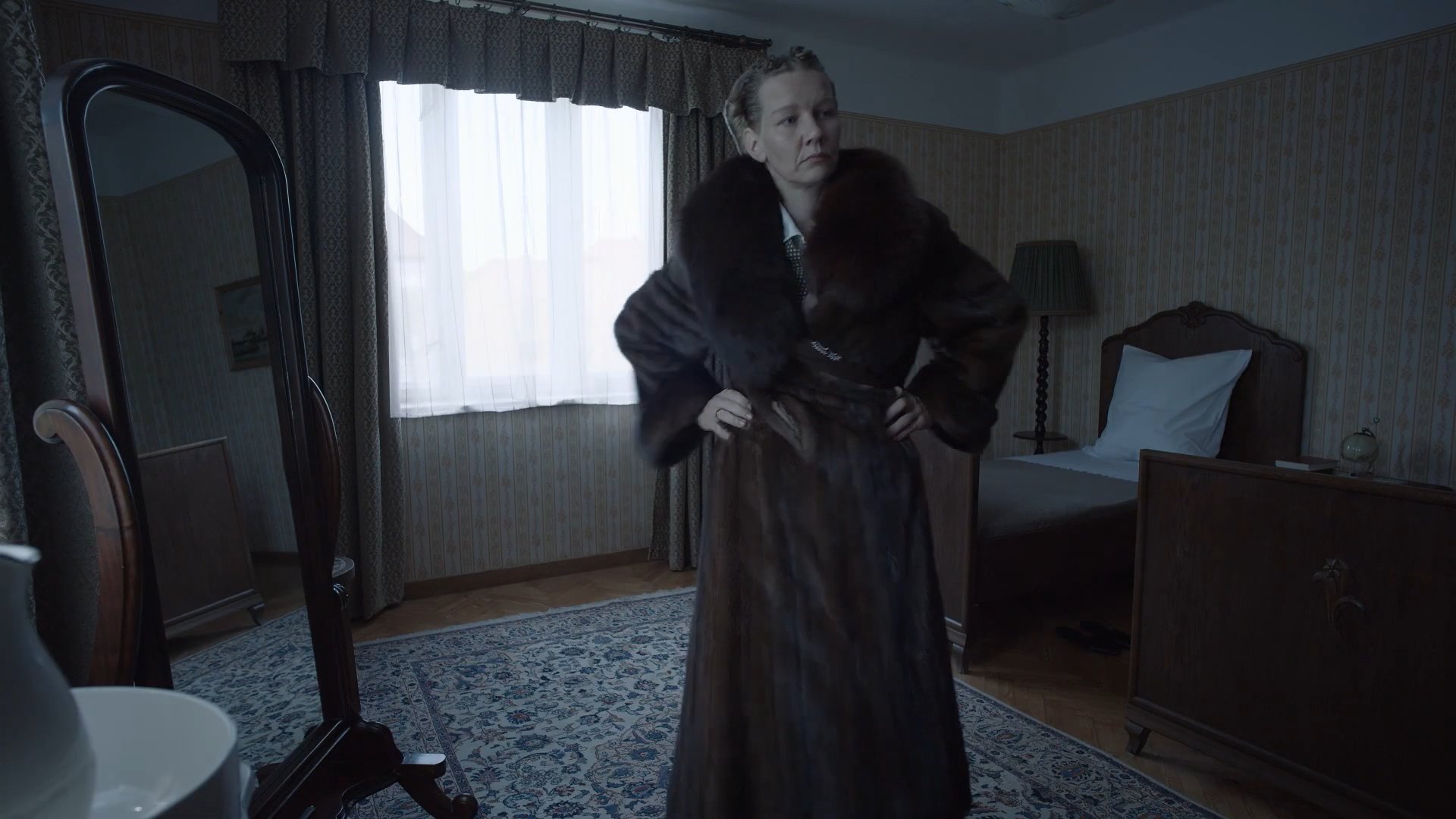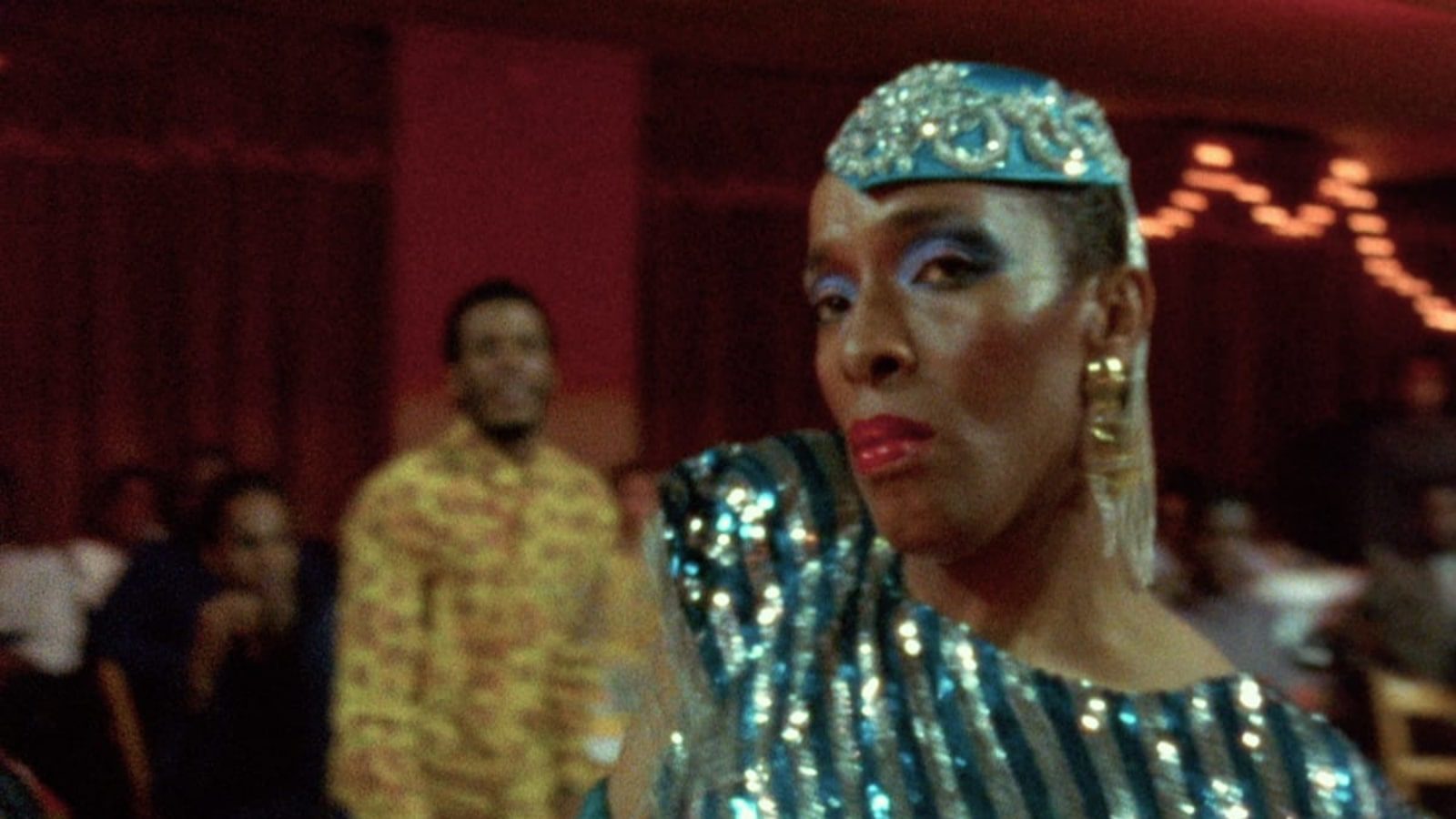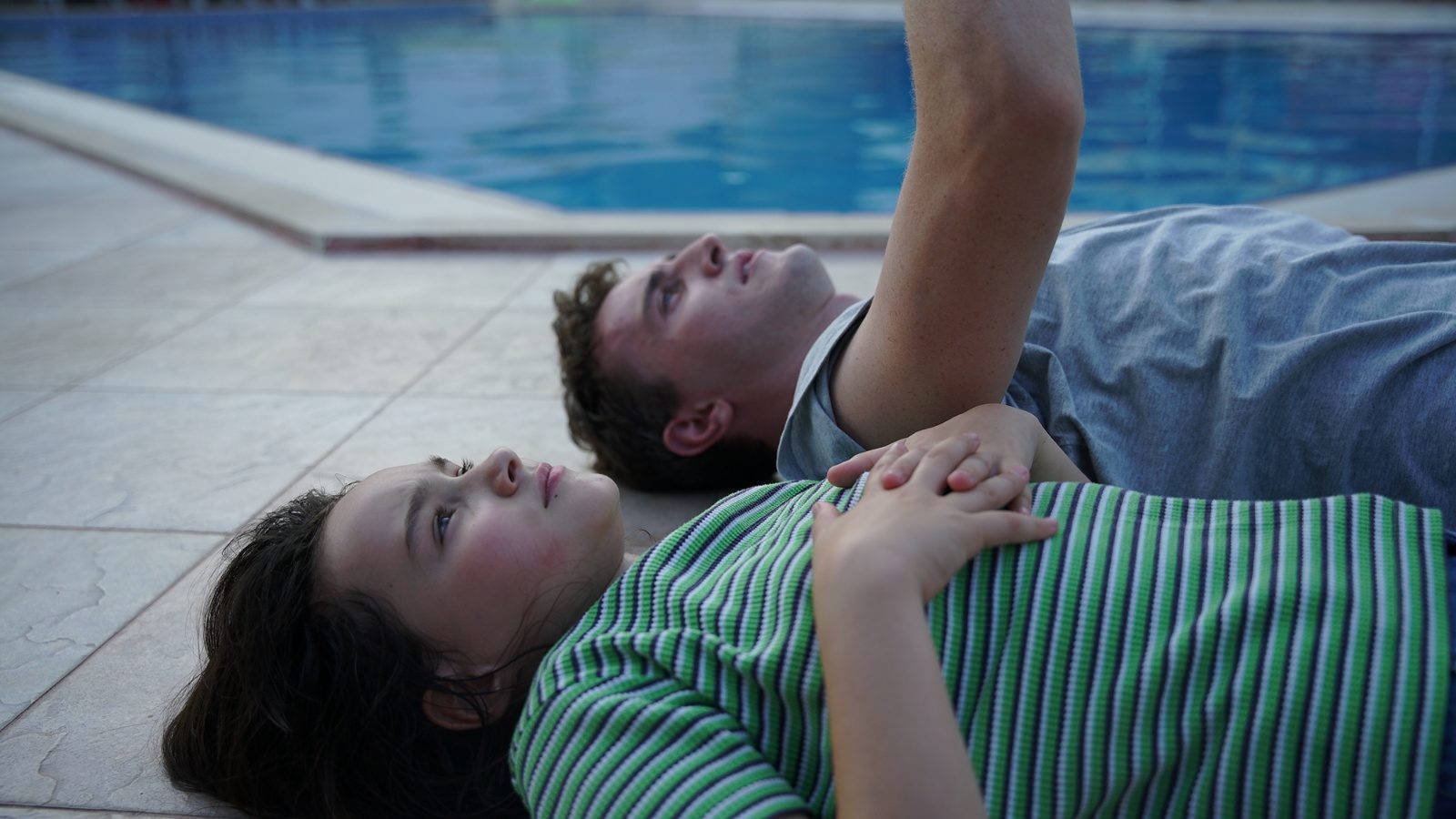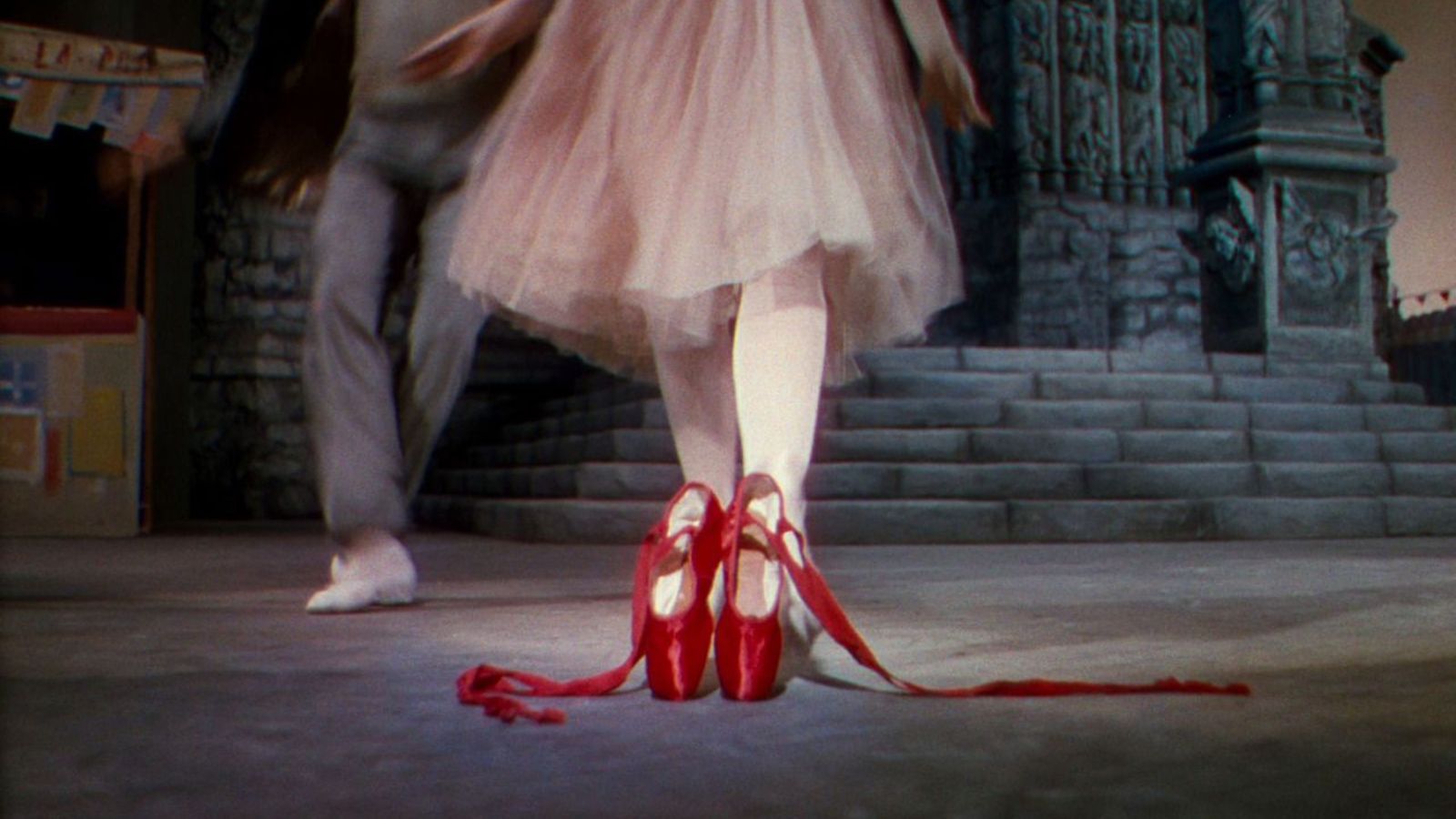20 Best British Movies on Max
The name HBO has come to be associated with a certain kind of prestige, and for viewers outside the United Kingdom, British cinema tends to be associated with a certain kind of sophistication. So it should come as no surprise that the list we’ve compiled of its streaming service Max’s best British movies—that are lesser-known but still of good quality—also tend to be award winners, or have prominent names attached to them. HBO has a pedigree that it seeks to uphold, and it seems like films made by the British or produced by British studios go hand-in-hand with the network’s goals to deliver top-of-the-line content.
Like 12 Angry Men before it, Conspiracy follows a group of men who come to a standstill when asked to make a crucial, fateful decision. The two films are mostly stationary and dialogue-heavy, but where the former is hopeful, the latter is purely heinous. Sure, the Nazi officials argue amongst themselves about the Final Answer to the Jewish Question—in other words, the genocide of European Jews—but the debate is less about the morality of the act than the practicality of it. No one in that room is redeemable. They’re varying levels of evil, but evil nonetheless. It’s a testament to the filmmakers, then, the entire film manages to be stirring. Loring Mandel’s script is incredibly taut and intelligent but never lets you fall for the officials’ wise-sounding traps. Director Frank Pierson, for his part, expertly paces the movie, knowing when to bring out the big guns (mostly via Colin Firth’s impassioned Wilhelm Stuckart) and when to rely on subtlety. It’s a fine example of how a film can succeed with few but quality parts, but more importantly, it’s a timeless reminder of how unnervingly plain evil can look.
A Room with a View is downright beautiful. Amidst the impressionistic scenery of Florence’s and England’s countrysides, paired with iconic classical opera, some of Britain’s best actors bare the feelings of their snobbish, upper-class characters in stylish and historically-accurate costumes. But all of these elements aren’t just silly decorations. Like the novel it’s based on, the characters’ refined and respectable veneer, and their insistence on propriety, is a front that hides the feelings stirring in their gut, particularly that of the lovers George Emerson (Julian Sands) and Lucy Honeychurch (Helena Bonham Carter). Inevitably, these feelings can’t be contained– they can only be examined. And when Emerson earnestly declares his love, it’s so powerful to be seen as one’s self rather than as decoration.
When thinking about one’s family, we tend to remember our parents as parents, and rarely as people of their own. Ethel & Ernest, based on Raymond Briggs’ beloved graphic memoir of his own parents, instead focuses on two ordinary spouses in extraordinary times, sharing some of the day-to-day moments that show their affection, but is clearly marked by the times they’re in, materially and politically. The watercolor design is a cleaner, more modern update of the original illustrations, while Briggs’ handwritten speech bubbles still retain their character through Jim Broadbent’s and Brenda Blethyn’s voices. It’s just a loving, but still honest, depiction of one’s parents, one that makes you think about your own.
With a driver protagonist, trying to reintegrate with the rougher parts of his home city, forming a connection with a woman way out of his league, Soho-based Mona Lisa has spawned comparisons to the New York-classic Taxi Driver (1976), but this British neo-noir has a completely different tone and spirit, with a completely different conclusion. Mona Lisa has, of course, Nat King Cole crooning the similarly named tune, and as George gets enamored with Simone, both roles played fantastically by Bob Hoskins and Cathy Tyson respectively, they both keep their cards to their chest, as if similar to the famous painted smile. The ending may be a tad abrupt, but Mona Lisa has a lot of compassion and hope for these two trying to make a better life for themselves, a lot more than expected from the genre.
Robert Pattinson and Willem Dafoe are the only two actors starring in this eccentric movie, and they deliver such grand performances that it feels like another actor would have been one too many.
They star as lighthouse keepers in the 19th century, left on an island to interact only with each other and their rock. It’s a fascinating premise of how these men, left on their own, deal with boredom, loneliness, and being annoyed with one another.
Incredible performances, an interesting aspect ratio, and perhaps excessive weirdness, make this movie unforgettable.
Just a few minutes in, you can already feel the immensity of The Brutalist. The rousing score stirs you. The weight of The Holocaust and Toth’s immigration story, which is also one of xenophobia and addiction, pulls you in. The visuals, shot in VistaVision, demand your attention. The period setting calls for nostalgia, but the inventiveness of the shots and the dizzying angles make them feel fresh. Technically and aesthetically, The Brutalist is near-perfect, and in those aspects alone it’s a marvel to witness. Where it might feel short, however, is intent. The film is politically ambiguous (director Brady Corbet has mentioned that he intended for audiences to interpret it how they wish) and consequently divisive. What could have been a brave and bold statement against the occupation of Palestine, for instance, feels only like a weak suggestion of it. It’s ambitious and epic, no doubt, though it can ring hollow if you’re looking for something more powerful and direct.
The Harry Potter movies undoubtedly changed the lives of its young stars forever — but a stuntman whose future the films had more tragic consequences for is the deserved focus of this moving documentary. David Holmes was just 17 when he was hired as Daniel Radcliffe’s stunt double, a role he held throughout the series. The two formed a close brotherly bond on set, growing up alongside one another for 10 years until a terrible accident during the final movie’s filming left him paralyzed from the chest down, a condition that has deteriorated over the years following post-surgery complications.
This doc is an inspiring portrait of David, from his fearless childhood and dream-fulfilling work to the incredible resilience he’s shown since the accident. It’s also, though, a poignant testament to the loving, supportive community that Holmes inspired at work — friendships that only reached greater depths following the accident and the end of the movies. The doc’s focus empathetically expands from Holmes’ story to include its impact on his bond with Radcliffe (who features prominently here) and Holmes’ fellow stunt doubles — and, while the sheer force of Holmes’ personality would make for a compelling documentary on its own, it’s the tenderness and honesty that all of these participants show that makes this so poignant.
Tilda Swinton stars in this gorgeous Italian production by Luca Guadagnino, part of the director’s “Desire Trilogy”, together with Call Me By Your Name and A Bigger Splash.
Swinton learned to speak Italian and some Russian for the movie, where she plays – to absolute perfection – the wife of a Milan textile mogul who starts having an affair with a cook.
It’s an elegant family drama that’s definitely more concerned with aesthetics than substance, but the setting in snowy Northern Italy and lush 35mm film make that very easy to look past.
An absolute delight of a gem starring a young Winona Ryder as well as an amazing cast. Arguably Jim Jarmusch’s best film, it tells the story of 5 different places at night from the perspective of cab drivers and their passengers: Los Angeles, New York, Paris, Rome, and Helsinki. It’s really hard to pick a favorite among the stories, from a messy tomboy having to deal with a busy businesswoman, to a blind woman in Paris making a frustrated driver from Ivory Coast go insane. But look out for Helmut and Yo-Yo, from the New York story. I’ve rarely seen anything in film as fun as their story.
Although it opens on Janet Frame’s first steps as a baby, this Jane Campion-directed biopic of the celebrated New Zealand writer doesn’t take an exhaustive approach to its subject’s life. We frequently only learn of milestones — the many awards she won, the death of her mother — later on and in passing. In a beautiful gesture that feels like a tiny righting of the many wrongs done to Janet, it’s her perspective that guides the film.
That embedded approach also makes the emotions that come with her heartbreaking yet uplifting story more profound. And there is much heartbreak here: alongside the several tragic losses Janet experienced as a child, she was misdiagnosed as schizophrenic as a young woman and spent eight harrowing years in psychiatric hospitals. Throughout all of this, she wrote fiction and poetry, work that saved her life in more ways than one: as well as being a rare constant source of joy, it won her a literary prize just days before she was scheduled for a lobotomy, prompting her doctors to reconsider. Neither Campion nor Janet allowed this experience to define her, however, and the film empathetically grants her real moments of joy and choice throughout — making for a deeply sensitive and uplifting watch.
Given the incalculable, foundational impact the Beatles had on music as a whole, A Hard Day’s Night would already be an interesting watch as the group’s first feature film. As such, there’s no need to convince fans of the group, or even general fans of music, to watch this. But far from relying on their star power or even on the music, A Hard Day’s Night actually works as a film on its own merits. It’s an absurd take on a fictional day in the Beatles’ life, immediately throwing the audience in the frenzy of screaming crowds that were fairly unprecedented for its time, but also into other strange people that fame cages them in with, such as the interviewers, the police, and other higher-ups that can’t seem to make sense of the group, their accents, and their youthful lack of concern over societal propriety. When paired with the realist black and white camera work, and the weirdly added tracks from the album of the same name, A Hard Day’s Night portrayed a completely new combination of music and movie, shifting the traditional movie musical as well as the very concept of a music video.
Asif Kapadia, the genius of biopics who gave us Senna, is back with this documentary on an even bigger sports personality: Argentinian soccer player Diego Armando Maradona. Considered as possibly the best soccer player of all time, Maradona’s footage on the pitch is pure wizardry, and you’ll feel that way whether you are a soccer fan or not. But that’s not the focus of this documentary. What happens outside the pitch is more interesting: from Maradona’s modest beginnings to the passionate hatred (and love) that entire countries develop of him. And it doesn’t make his story less interesting that during his time in Naples he was affiliated with the mafia.
This is an excellent documentary that distills 500 hours of footage into 2, giving you all you need to know about a character who captured the imagination of a big part of the world for decades.
The story of the Von Erich family is excruciatingly sad, but Iron Claw doesn’t dive right into the tragedy. Instead, it takes care to paint a picture of a close-knit family that’s filled with just as much warmth, jealousy, affection, and resentment as the next bunch. Durkin masterfully draws you into their circle so that everything that happens next is sure to cut deep. The choreography, chemistry, color—everything is carefully and beautifully set up, but the casting is what stands out the most. This wouldn’t have worked as well if it weren’t for the inspired move to pair Zac Efron, Jeremy Allen White, Harris Dickinson, and Stanley Simons as brothers and partners. On the internet, people have been dubbing The Iron Claw as “Little Women and The Virgin Suicides for men” and it’s not hard to see why. Apart from the sibling bond over glory and growing pains, all these films are also powerful explorations of gender. Iron Claw is a vicious takedown of toxic masculinity, while also being a searing family drama and an incredible showcase for Efron and company.
A film like Autumn Sonata shouldn’t work; on paper, it’s simply a confrontation between a resentful daughter and her vain mother. But in the masterful hands of Ingmar Bergman, their knotty relationship unfolds in thrilling, cathartic, and painfully relatable ways. Every accusation feels like a lashing. Every breakdown rips your heart. As a viewer, you sympathize with whoever is onscreen–that’s how real each character seems. You root for the neglected daughter, but also for the pianist who followed her heart and chose career over children. As with most Bergman films, Autumn Sonata feels like an evisceration of one’s soul, but it will feel extra relatable to those of us who’ve harbored secret resentments over our parents or children.
A woman yearns to find her biological mother, another woman struggles with infertility, a third wants to connect with her rebellious daughter. Director Mike Leigh has the prowess to seamlessly weave these stories together, and part of the joy is knowing, that like clockwork, these narratives are set on a spectacular collision course.
As melancholy as it is optimistic and as funny as it is tragic, Secrets & Lies is a perfect example of Leigh’s oeuvre and earned him a Cannes’ Palme d’Or. The film features a full cast of his regulars with the fantastic addition of Marianne Jean Baptiste as Hortense – the woman who sets the wheels of the film in motion.
Director Jim Jarmusch audaciously combined the DNA of French noir classics with that of samurai and mafia movies to produce this utterly original film. As advised by the ancient Japanese manual it often quotes, though, Jarmusch’s movie also “makes the best” out of its own generation by adding hip-hop into its wry genre blend. The results are more than the sum of their parts, especially because the film is so eccentric: no matter how au fait with its inspirations you are, you still won’t see “Forest Whitaker plays a lonely hitman who wields and whooshes his silencer pistol like a samurai sword, lovingly tends pigeons, and can’t even speak the same language as his best friend” coming.
Ghost Dog’s strangeness is never jarring, though, thanks to Whitaker’s cool, collected performance, an atmospheric score by Wu-Tang Clan’s RZA, and the cinematography’s tendency to use smooth double exposures for scene transitions. It almost feels like we’re in another world: Jarmusch zooms in on the Bushido code obsessions of Whitaker’s single-minded character and the mafiosos’ dying laws, blurring out everything else so the movie becomes a meditation on the impulse to moralize one’s misdoings by subscribing to rigid definitions of “honor.” Not an exercise in surface style, then, but a bone-deep reflective masterpiece.
How do you make a film about the Holocaust feel new? How do you make the terrors feel fresh, like it was just in the news, without sounding redundant or without giving into the sensationalized and emotionally manipulative? For Director Jonathan Glazer, the answer lies in not what you show but what you don’t show. The Zone of Interest is shot from the point of view of Nazi Officer Rudolf Höss (Christian Friedel) and his wife Hedwig (Sandra Hüller), who live a dreamy life right next to the infamous Auschwitz death camp. Glazer frames them plainly and without flourish as they ignore (or, arguably, revel in) the glow of burning bodies, the howls of pain, and the billows of smoke coming from the torture chamber a wall away. It’s a powerful, nauseating contrast that turns the question from “How can they do this?” to “Who among us is committing the same things right now?” Who among us is casting a blind eye to the atrocities and genocide being committed at this very moment to our neighbors? The film, which is also a technical feat in terms of the way it’s shot (the crew and cameras remained hidden so that the actors were free to roam, as if in a play) is chilling and thought-provoking, and it will unnerve you for days on end.
Though the drag scene is alive and well today, Paris is Burning is an important reminder that it didn’t always used to be that way. Over the course of seven years, Director Jennie Livingston leads us underneath the crime-ridden streets of 80s New York, where a glittery drag subculture is flourishing, despite all odds. Leading the community are the so-called mothers, the best performers and most fashionable of them all, tasked with inspiring and caring for newcomers. Nevermind that they’re shunned by society and suffocated (sometimes literally) by hateful homophobes and racists; when there is a ball, all that matters is that they strut, dance, and put on the best damn show of their lives. What they do is art, and Livingston makes sure to exalt the craft and pride that goes into it. At the same time, intimate interviews with iconic queens like Pepper LaBeija and Willi Ninja reveal the heartbreaking nature of the community. Most, if not all, have endured some form of abuse, and many risk their lives to earn a decent living. But again, Livingston refuses to reduce them to pure tragedy; she gets them to share their wonderfully big dreams, then gets us to hope along with them that they might just come true.
In Aftersun, Sophie recalls a holiday she took as an eleven-year-old in the ‘90s with her father. Video recordings help jog her memory, but she’s looking for more than just a blast from the past. Rather, she seems to be seeking answers to fill in the gaps between who she knew as her father and who he really was: an immensely nice but deeply troubled man.
At first, Aftersun looks like a simple but beautiful story about father and daughter bonding over the course of a summer trip. But within minutes, it’s clear that there are layers to Aftersun, emotionally and editorially, that aren’t always explained but nonetheless enrich the movie with profound meaning. Stirring, complex, and surprisingly inventive, it’s not surprising that Aftersun is one of the most beloved films of the past year.
While today’s moviegoers would likely pick Black Swan as the ballet film of choice, there is one film classic that brings the title of the best ballet film in contention. That is The Red Shoes. It first divided critics of film and ballet alike, but as time went by, the spectacular drama from Michael Powell and Emeric Pressburger deservedly garnered acclaim for the brilliant, novel ways of bridging the gap between art forms. Of course, the most obvious of these is the lush, stunning 17-minute dance sequence that first incorporated dynamic camera movement to the choreography, and captured Han Christian Andersen’s story to its essentials. But aside from just depicting the dance, The Archers reconfigured every other single aspect of film to bend toward the movement without breaking the beauty of every shot– the scoring, the casting, the production design, and the ballet-within-a-film plotline. It’s because of this that The Red Shoes garnered a legacy of being one of the best ballet films, one of the best British films, and even one of the greatest films ever made.

